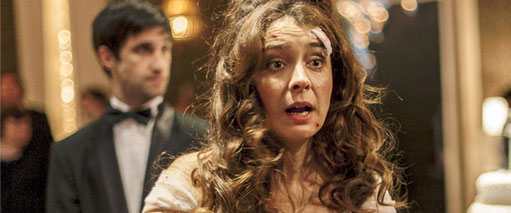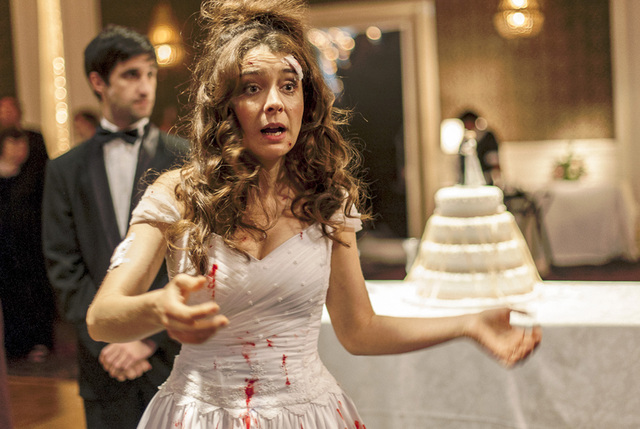Film Review: Wild Tales
Energetic Argentine Anthology Believes Revenge Is A Dish Best Served On Fire


“Who wants cake?”
Latest Article|September 3, 2020|Free
::Making Grown Men Cry Since 1992


“Who wants cake?”